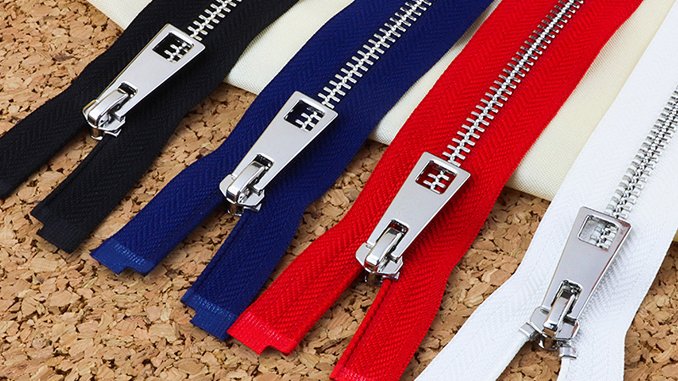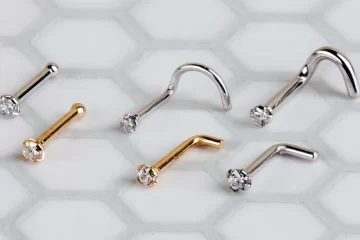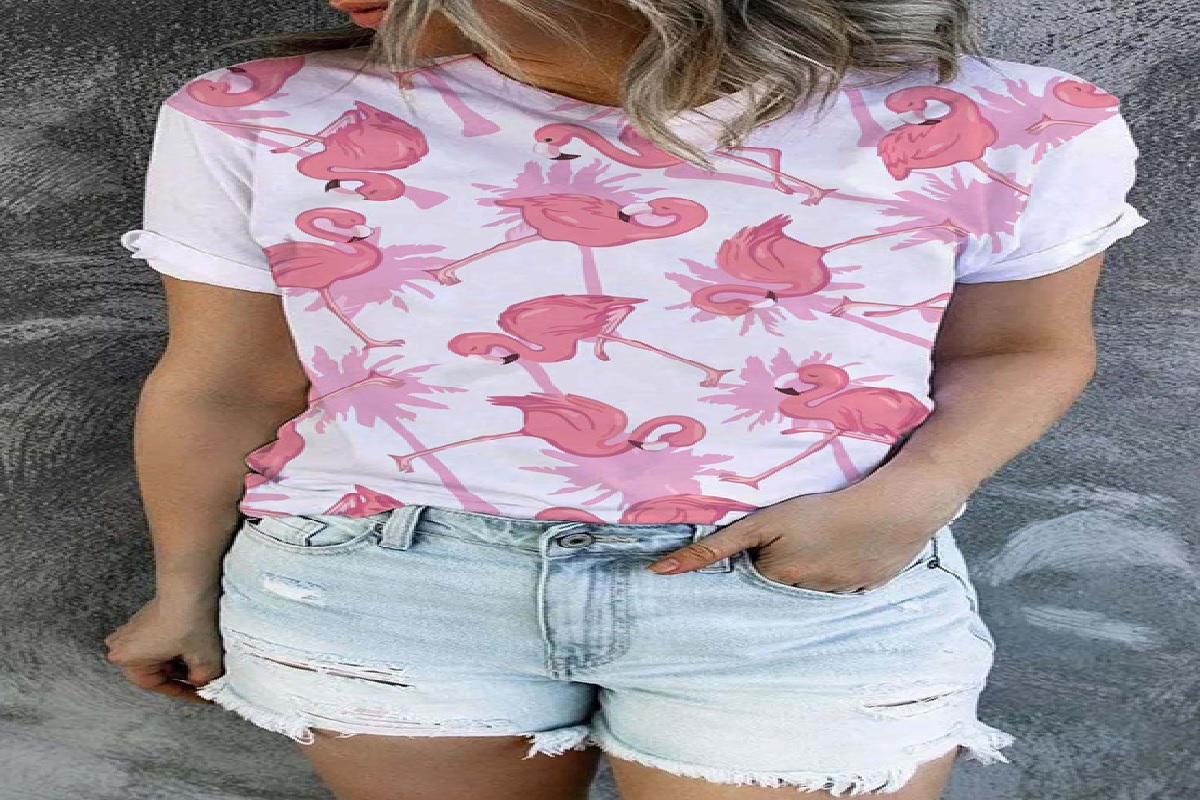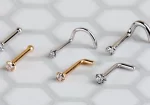Overview of Zippers

Congratulations! You are now ready to design your first-ever piece of gear. You have carefully thought out all the details, you have watched all the videos you can find on YouTube on how to thread your sewing machine, your pattern is also almost good to go, and the zippered pocket is…
Wait, did you just say zipper? With the mere mention of zipper, an onslaught of more questions arises. Do you need a waterproof zipper? Which sliders should you buy? What is a finished zipper? What’s the difference between the #5 coil and the #3 coil? Who named these fasteners as zippers in the first place?
If you are curious about the answers to all these questions, except the zipper’s origin, or anything else connected to the zippers on your gear, consider yourself lucky to be on this page! This article will go over several of the basic terminologies when it comes to zippers and more.
Zipper Sizing
The size of zippers is often described with the use of a number. The number is the estimated width of the teeth in terms of millimeters. For instance, a #3 zipper will be approximately 3 mm, while a #5 zipper is approximately 5 mm, and so on.
When the zipper is smaller, the lesser it weighs and also the easier it is to hide. In general, when the teeth are larger, the burlier and more durable the zipper will be.
Types of Zipper Teeth
You can find two different basic types of zipper teeth, and these include molded and coil teeth. The molded-tooth zippers are made with the use of polyacetal resin, often smoother, more weather-resistant, and are available in various finished lengths.
This particular type of zipper doesn’t come in a continuous chain, which means you need to choose the exact length that you need. This type of zipper can be seen on a lunch box or a cooler, and many people prefer the aesthetics of molded tooth zippers for garments.
The coil-toothed zippers, on the other hand, are made from synthetic material with their construction responsible for their coil-like appearance. These coil zippers tend to be more resilient compared to molded zippers and repairing them is also a bit easier.
Coil zippers are available as a continuous chain as well, such as those that you can find in https://www.zippershipper.com/zipper-chain-by-the-yard. This means you can order more than the quantity you need, and just cut it down to the specific size that you need or want.
These zippers are typically not as UV resistant compared to molded teeth, but these are much more flexible, not to mention that they are also the better option for curved seams or those projects that must be packed down into a tiny space.
There are still more exciting and interesting things to know about zippers. The good news is that there are now a lot of resources where you can find more facts about these fasteners or closures. Just make sure that you buy your zippers from reliable suppliers.













